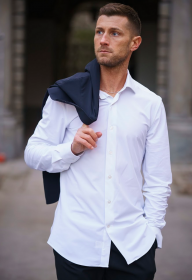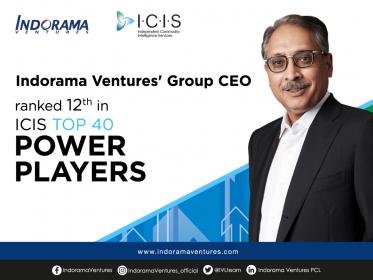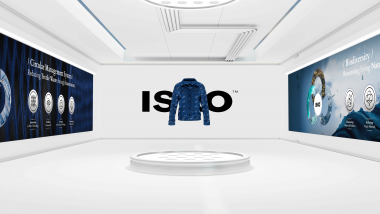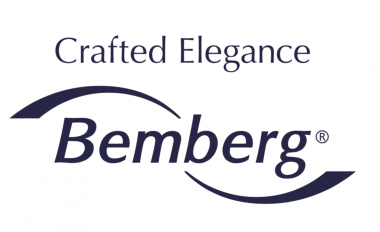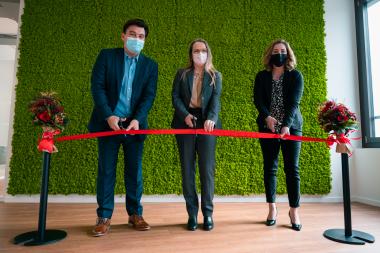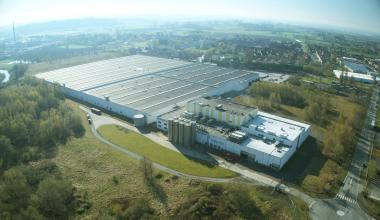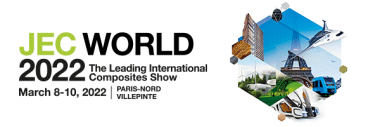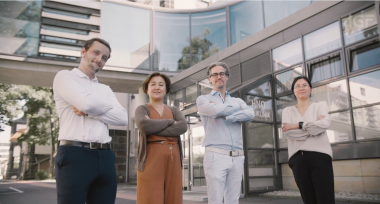Sitip presents COSMOPOLITAN Fashion-tech fabrics at Milano Unica
Sistema Moda Italia confirms its Innovation Area for the 34th edition of Milano Unica, an area which responds to the growing demand for innovation in products, processes and services able to give specific performances or made with innovative and sustainable systems. And right here we find Sitip’s technical fabrics for clothing, with the COSMOPOLITAN Fashion-tech fabrics collection, modern and comfortable, dedicated to contemporary urbanwear/sportswear style and which perfectly meets the new needs required by the market and by the final consumer: performance and design.
COSMOPOLITAN Fashion-tech is declined into urbanwear through the sartorial technical fabrics that the company has defined Techno Sartorial: a tailoring that combines flawless cuts with exceptional fabric performance.
For the production of contemporary urbanwear, thought for the city, Sitip showcases the man’s suit made of jacket+trousers in warp-knit Cosmopolitan Citylife fabric: bi-stretch nylon with UV protection (UPF 50+), quick drying, easy care and skin comfort. Highly performing, breathable, comfortable, insulating and with an exceptional fit: incredible elegance and comfort that enhance the contemporary urbanwear style.
For women, Sitip presents COSMOPOLITAN Fashiontech fabrics dedicated to athleisure, with leggings made - for the summer version - in Cosmopolitan London, a bi-stretch circular knitted fabric, no seethrough, breathable, comfortable on the skin with UV protection (UPF 50+), with easy care and perfect shape retention, and - for the winter version - in Cosmopolitan Paris GZ, a circular knitted fabric raised on the reverse side, with the same properties as the previous one and thermoregulation characteristics.
The Instinct fabric is available in the recycled and raised version NATIVE INSTINCT GZ: a GRS certified thermal fabric made with pre-consumer recycled yarns, bi-stretch, breathable, resistant to pilling, easy care and high comfort, ideal for sporty knitwear and urbanwear part of the NATIVE SUSTAINABLE TEXTILES family, the Sitip fabric collection produced with GRS certified recycled yarns and low environmental impact chemicals with a lower consumption of natural resources , able to respect the environmental and social criteria extended to all the stages of the production chain, including the traceability of raw materials. Sitip also operates in line with international certifications such as OEKO-TEX®, BLUESIGN®, GRS and adheres to the ZDHC gateway, adding to these an ISO 14001 environmental management system, which certifies the company’s commitment to reducing pollution risks.
Sitip / Valeria Rastrelli


